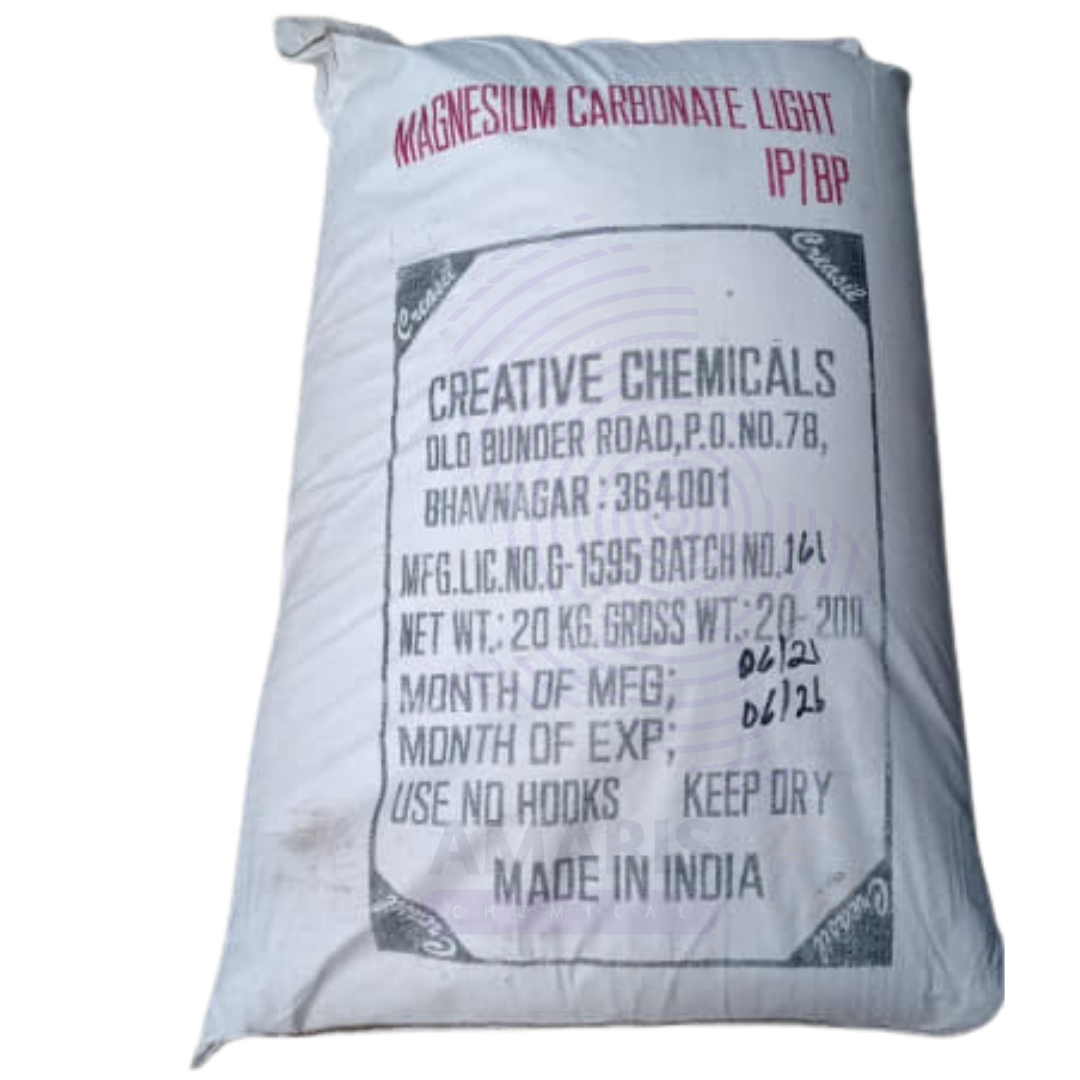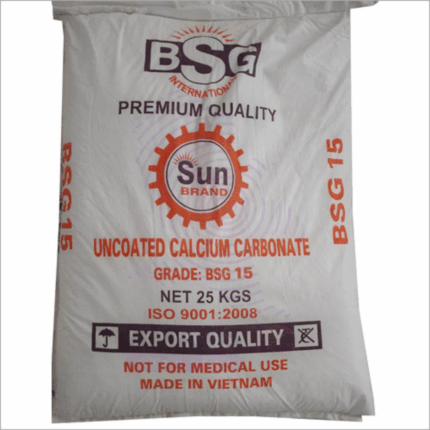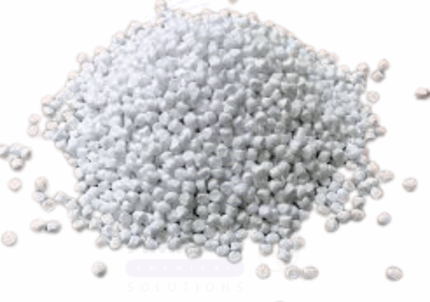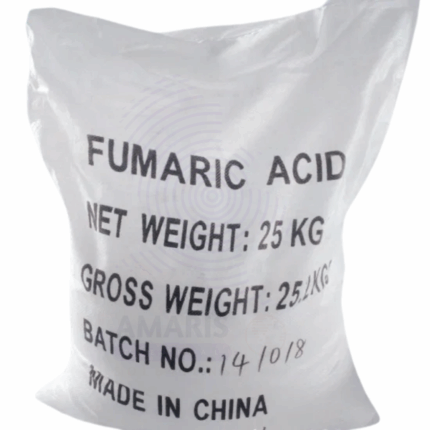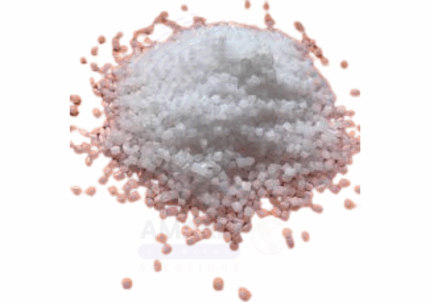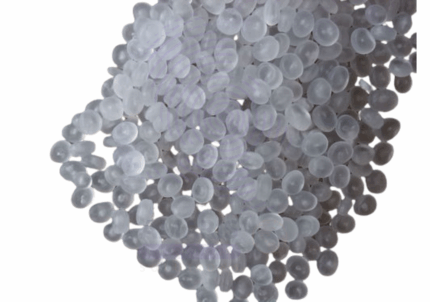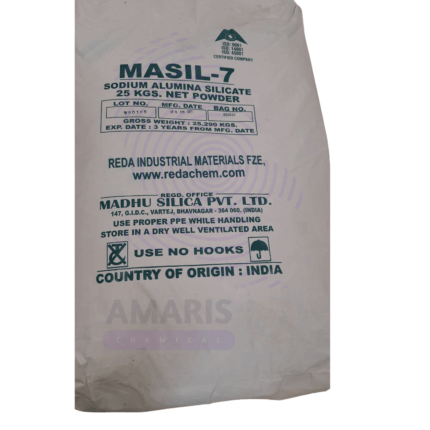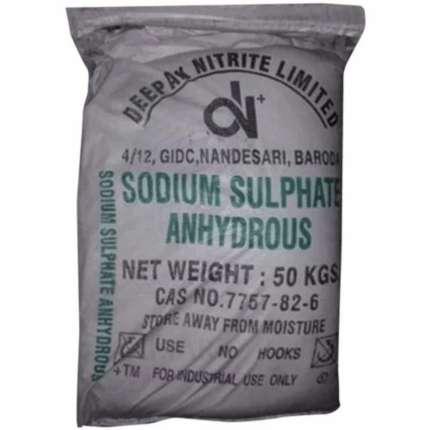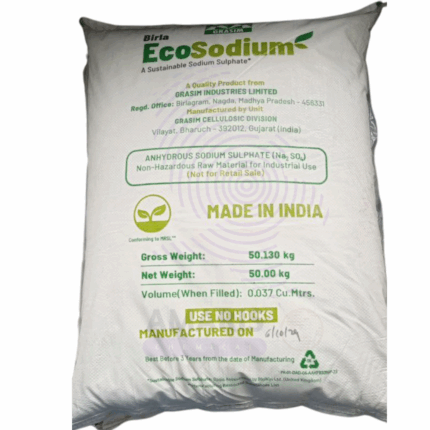Back to products
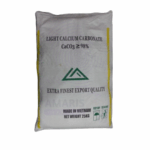

Calcium Carbonate Light
$ 1.05 Original price was: $ 1.05.$ 0.93Current price is: $ 0.93.
Magnesium Carbonate Light
Whatsapp Order
Magnesium Carbonate Light is a fine, white, odorless powder primarily composed of magnesium carbonate (MgCO₃). It is characterized by its light texture and high purity. This mineral compound is widely used across various industries due to its excellent absorption properties, mild alkalinity, and non-toxic nature. Magnesium Carbonate Light is commonly employed as an antacid, drying agent, filler, and flow aid in food, pharmaceutical, cosmetic, and industrial applications.
Description
Table of Contents
Toggle
Magnesium Carbonate Light
Primary Uses
- Pharmaceutical Industry
- Used as an antacid to neutralize stomach acid and relieve indigestion, heartburn, and upset stomach.
- Acts as an excipient and filler in tablet and capsule formulations.
- Employed as a drying agent in pharmaceutical powders to prevent clumping.
- Food Industry
- Used as an anti-caking agent and flow regulator in powdered foods and seasonings.
- Acts as a food additive (E504) to maintain texture and improve shelf life.
- Cosmetic and Personal Care
- Incorporated as an absorbent and bulking agent in cosmetics such as face powders, deodorants, and bath salts.
- Used in topical formulations to reduce moisture and improve product texture.
- Sports and Athletic Applications
- Commonly used as a drying agent in gymnastic chalk and climbing chalk to improve grip by absorbing sweat.
- Industrial Uses
- Utilized as a filler and anti-caking agent in rubber, plastics, and paint formulations.
- Acts as a refractory material component due to its heat resistance.
Secondary Uses
- Chemical Industry
- Used in the production of magnesium oxide by calcination.
- Serves as a mild base in certain chemical reactions and processes.
- Agriculture
- Employed as a soil conditioner to improve pH and supply magnesium nutrients in certain agricultural applications.
- Environmental Uses
- Occasionally used in wastewater treatment for neutralization and heavy metal precipitation.
- Other Uses
- Used as a mild abrasive in polishing compounds.
- Utilized in arts and crafts as a filler or texture agent.
KEY PRODUCT FEATURES
1. Basic Identification Attributes
- Chemical Name (IUPAC): Magnesium carbonate
- Common/Trade Name: Magnesium Carbonate Light
- CAS Number: 546-93-0
- HS Code: 2836.50.00
- Synonyms: MgCO₃; Light magnesium carbonate; Pharmaceutical grade magnesium carbonate
2. Physical & Chemical Properties
- Physical State: Fine powder
- Color & Odor: White; odorless
- Solubility: Insoluble in water; soluble in acids
- pH (aqueous suspension): Mildly alkaline (about 9-10)
- Bulk Density: Low to medium depending on grade
3. Safety & Hazard Attributes
- GHS Classification: Not classified as hazardous
- Toxicity: Non-toxic; food and pharmaceutical grade
- Exposure Limits: No specific occupational exposure limits; standard dust control recommended
4. Storage & Handling Attributes
- Storage Conditions: Store in a cool, dry, well-ventilated place away from moisture
- Container Type: Sealed bags or drums, food-grade packaging
- Shelf Life: Typically 2-3 years if stored properly
- Handling Precautions: Avoid dust inhalation; use appropriate PPE during handling
5. Regulatory & Compliance Attributes
- Approved for use as food additive (E504) by FDA, EFSA, and Codex Alimentarius
- Complies with pharmaceutical and cosmetic grade standards
- Labeling must indicate purity and any added anti-caking agents
6. Environmental & Health Impact
- Biodegradability: Naturally occurring mineral; environmentally benign
- Ecotoxicity: Non-toxic to aquatic and terrestrial life
- Bioaccumulation: Not applicable
- Carcinogenicity/Mutagenicity: Not classified
SAFETY HANDLING PRECAUTIONS
Safety Handling Precautions
- PPE Required: Dust mask, gloves, and goggles recommended during bulk handling
- Handling Guidelines: Minimize dust generation; ensure good ventilation
- Storage Measures: Keep containers tightly closed and dry
First Aid Measures
- Inhalation: Move to fresh air; seek medical advice if irritation occurs
- Skin Contact: Wash with soap and water if irritation develops
- Eye Contact: Rinse immediately with plenty of water; consult a physician if irritation persists
- Ingestion: Generally safe; in case of discomfort, seek medical attention
Firefighting Measures
- Fire Hazards: Non-flammable
- Extinguishing Media: Use water spray, foam, or dry chemical extinguishers for surrounding fires
- Special Precautions: Avoid dust cloud formation to prevent explosion hazard
- Hazardous Combustion Products: None
Related products
Calcium Carbonate Uncoated
Calcium Carbonate Uncoated is a naturally occurring mineral compound composed primarily of calcium, carbon, and oxygen with the chemical formula CaCO₃. It appears as a fine white powder or granules, widely used as a filler, pigment, and functional additive across various industries. The uncoated form means the calcium carbonate particles are not surface-treated, retaining their natural properties. It is valued for its high brightness, whiteness, and excellent compressibility. Uncoated calcium carbonate is used to enhance opacity, improve processing, and reduce costs in plastics, paints, coatings, adhesives, rubber, paper, and construction materials.
Filler WTD
Filler WTD is a versatile, finely processed powdered filler primarily used in a wide range of industrial applications including paints, coatings, plastics, adhesives, sealants, rubber compounds, and construction materials. It is engineered to improve product performance by enhancing mechanical properties, increasing volume, reducing cost, and improving processing characteristics. Filler WTD typically exhibits excellent dispersibility, consistent particle size distribution, and good compatibility with various resin systems and binders. Its primary role is to act as an inert extender or reinforcing agent, providing bulk and stability while maintaining or enhancing the physical and chemical properties of the final formulation.
Fumaric Acid
Fumaric Acid is a naturally occurring dicarboxylic acid characterized by its white crystalline powder form and a slightly acidic taste. It is an unsaturated organic acid with the chemical formula C4H4O4 and is an intermediate in the Krebs cycle in biological systems. Fumaric Acid is commonly found in various plants and fungi and is commercially produced by isomerization of maleic acid or by fermentation. It is widely used in the food, pharmaceutical, chemical, and polymer industries due to its acidulant, antioxidant, and crosslinking properties.
Polymer Fiber
Polymer Fiber refers to a wide range of synthetic fibers made from polymer materials such as polypropylene, polyester, nylon, polyethylene, and acrylics. These fibers are engineered for high tensile strength, durability, flexibility, and resistance to chemicals and moisture. Polymer fibers are widely used in construction, textiles, filtration, composites, and industrial applications to improve mechanical properties, enhance structural integrity, and provide specialized functional benefits.
Polywhite B
Polywhite B Chinaclay, commonly known as Chinaclay, is a naturally occurring, fine white clay mineral primarily composed of kaolinite. It is highly valued for its purity, whiteness, and fine particle size, making it suitable for a variety of industrial applications. Polywhite B improves texture, opacity, and durability in products and is widely used in ceramics, paper, paints, and rubber industries.
PP Raffia RH03( Wooven)
PP Raffia RH03( Wooven) is a woven polypropylene fabric made from homopolymer polypropylene resin, designed for high strength, durability, and excellent dimensional stability. It is widely used in the manufacturing of woven sacks, bags, and other flexible packaging solutions. The woven structure enhances tear resistance and load-bearing capacity, making it suitable for industrial and agricultural packaging applications.
Sodium Alumina Silicate
Sodium Alumina Silicate is an inorganic compound consisting of sodium, aluminum, and silicon oxides. It is typically found as a white, amorphous powder with excellent adsorption and ion-exchange properties. Commonly used as a detergent builder, water softener, and desiccant, sodium alumina silicate improves cleaning efficiency, controls water hardness, and aids moisture absorption. Its thermal stability and chemical inertness make it valuable across detergent manufacturing, water treatment, and various industrial processes.
Sodium Sulphate Anhydrous
Sodium Sulphate Anhydrous (Na₂SO₄) is a white crystalline powder, odorless and highly soluble in water. Unlike the decahydrate form (Glauber's salt), this anhydrous grade contains minimal water content, making it ideal for industrial applications requiring low moisture levels. Supplied in 25kg packaging, it is widely used as a filler, drying agent, and raw material in detergents, glass manufacturing, pulp and paper, and chemical synthesis. Its excellent stability, non-hygroscopic nature, and cost-effectiveness make it an essential bulk chemical.


 Preservatives(food)
Preservatives(food) Flavor Enhancers
Flavor Enhancers Acidulants
Acidulants Sweeteners
Sweeteners Antioxidants
Antioxidants Colorants(food)
Colorants(food) Nutraceutical Ingredients (food)
Nutraceutical Ingredients (food) Nutrient Supplements
Nutrient Supplements Emulsifiers
Emulsifiers
 Collectors
Collectors Dust Suppressants
Dust Suppressants Explosives and Blasting Agents
Explosives and Blasting Agents Flocculants and Coagulants
Flocculants and Coagulants Frothers
Frothers Leaching Agents
Leaching Agents pH Modifiers
pH Modifiers Precious Metal Extraction Agents
Precious Metal Extraction Agents
 Antioxidants(plastic)
Antioxidants(plastic) Colorants (Pigments, Dyes)
Colorants (Pigments, Dyes) Fillers and Reinforcements
Fillers and Reinforcements Flame Retardants
Flame Retardants Monomers
Monomers Plasticizers
Plasticizers Polymerization Initiators
Polymerization Initiators Stabilizers (UV, Heat)
Stabilizers (UV, Heat)
 Antifoaming Agents
Antifoaming Agents Chelating Agents
Chelating Agents Coagulants and Flocculants
Coagulants and Flocculants Corrosion Inhibitors
Corrosion Inhibitors Disinfectants and Biocides
Disinfectants and Biocides Oxidizing Agents
Oxidizing Agents pH Adjusters
pH Adjusters Scale Inhibitors( water)
Scale Inhibitors( water)
 Antioxidants(cosmetic)
Antioxidants(cosmetic) Emollients
Emollients Fragrances and Essential Oils
Fragrances and Essential Oils Humectants
Humectants Preservatives
Preservatives Surfactants(cosmetic)
Surfactants(cosmetic) Thickeners
Thickeners UV Filters
UV Filters
 Fertilizers
Fertilizers Soil Conditioners
Soil Conditioners Plant Growth Regulators
Plant Growth Regulators Animal Feed Additives
Animal Feed Additives Biostimulants
Biostimulants Pesticides (Herbicides, Insecticides, Fungicides)
Pesticides (Herbicides, Insecticides, Fungicides)
 Active Pharmaceutical Ingredients (APIs)
Active Pharmaceutical Ingredients (APIs) Excipients
Excipients Solvents(pharmaceutical)
Solvents(pharmaceutical) Antibiotics
Antibiotics Antiseptics and Disinfectants
Antiseptics and Disinfectants Vaccine Adjuvants
Vaccine Adjuvants Nutraceutical Ingredients (pharmaceutical)
Nutraceutical Ingredients (pharmaceutical) Analgesics & Antipyretics
Analgesics & Antipyretics
 Analytical Reagents
Analytical Reagents Solvents(lab)
Solvents(lab) Chromatography Chemicals
Chromatography Chemicals Spectroscopy Reagents
Spectroscopy Reagents microbiology-and-cell-culture-reagents
microbiology-and-cell-culture-reagents Molecular Biology Reagents
Molecular Biology Reagents Biochemical Reagents
Biochemical Reagents Inorganic and Organic Standards
Inorganic and Organic Standards Laboratory Safety Chemicals
Laboratory Safety Chemicals Specialty Laboratory Chemicals(Special Laboratory Equipment)
Specialty Laboratory Chemicals(Special Laboratory Equipment)
 Demulsifiers
Demulsifiers Hydraulic Fracturing Fluids
Hydraulic Fracturing Fluids Scale Inhibitors(oil)
Scale Inhibitors(oil) Surfactants(oil)
Surfactants(oil) Drilling Fluids
Drilling Fluids
 Dyes and Pigments
Dyes and Pigments Bleaching Agents
Bleaching Agents Softening Agents
Softening Agents Finishing Agents
Finishing Agents Antistatic Agents
Antistatic Agents
 Admixtures
Admixtures Waterproofing Agents
Waterproofing Agents Sealants and Adhesives
Sealants and Adhesives Curing Compounds
Curing Compounds Concrete Repair Chemicals
Concrete Repair Chemicals Anti-Corrosion Coatings
Anti-Corrosion Coatings
 Surfactants(cleaning)
Surfactants(cleaning) Builders
Builders Enzymes
Enzymes Solvents (Cleaning)
Solvents (Cleaning) Fragrances
Fragrances
 Electronic Chemicals
Electronic Chemicals Catalysts
Catalysts Lubricants
Lubricants Photographic Chemicals
Photographic Chemicals Refrigerants
Refrigerants Automotive chemicals
Automotive chemicals Pyrotechnic Chemicals
Pyrotechnic Chemicals
 Biodegradable Surfactants
Biodegradable Surfactants Bio-based Solvents
Bio-based Solvents Renewable Polymers
Renewable Polymers Carbon Capture Chemicals
Carbon Capture Chemicals Wastewater Treatment Chemicals
Wastewater Treatment Chemicals
 Pigments
Pigments Solvents(paint)
Solvents(paint) Specialty Coatings
Specialty Coatings Binders/Resins
Binders/Resins Additives
Additives Driers
Driers Anti-Corrosion Agents
Anti-Corrosion Agents Functional Coatings
Functional Coatings Application-Specific Coatings
Application-Specific Coatings
 Fresh Herbs
Fresh Herbs Ground Spices
Ground Spices Whole Spices
Whole Spices Spice Blends
Spice Blends Dried Herbs
Dried Herbs
 Leavening Agents
Leavening Agents Dough Conditioners
Dough Conditioners Flour Treatments
Flour Treatments Fat Replacers
Fat Replacers Decoratives
Decoratives Preservatives(baking)
Preservatives(baking)
 Plasticizers & Softeners
Plasticizers & Softeners Reinforcing Agents
Reinforcing Agents Adhesion Promoters
Adhesion Promoters Vulcanizing Agents
Vulcanizing Agents Antidegradants
Antidegradants Blowing Agents
Blowing Agents Fillers & Extenders
Fillers & Extenders Accelerators & Retarders
Accelerators & Retarders